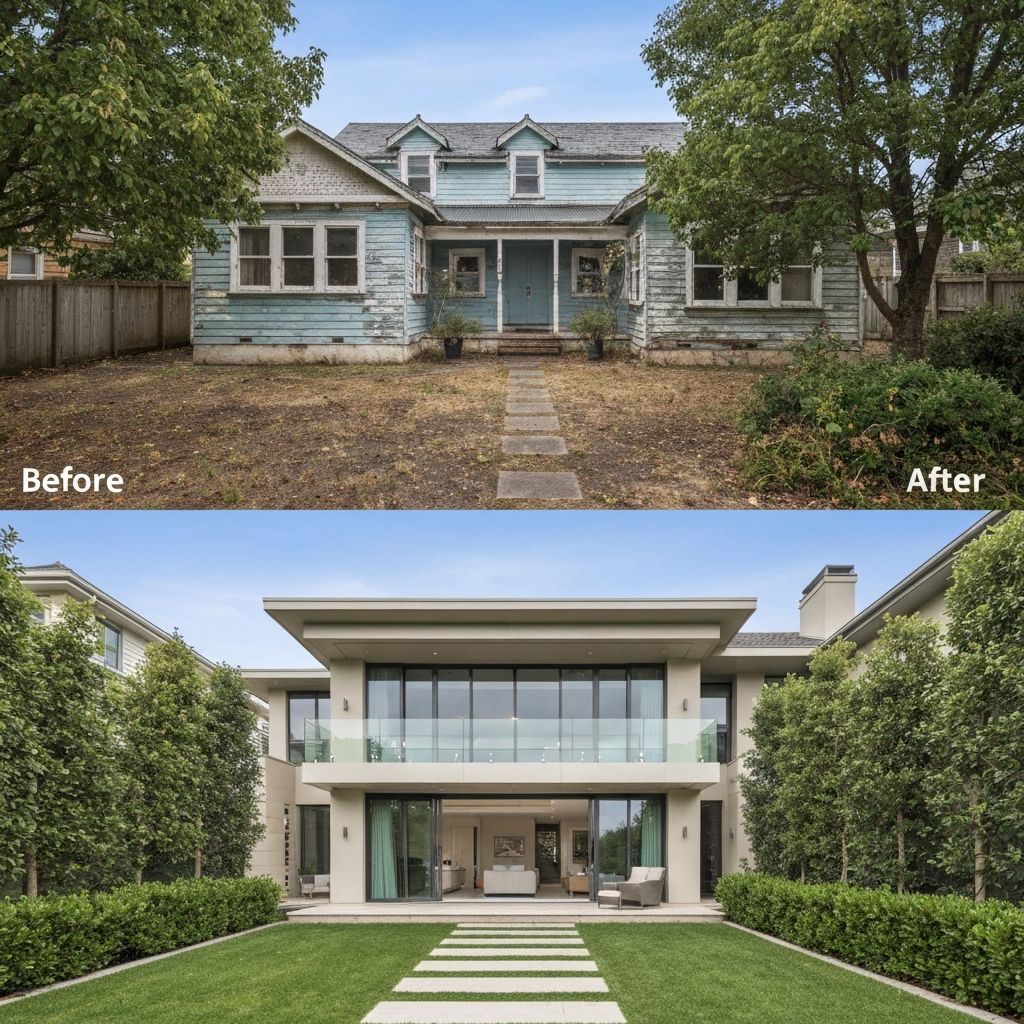The Basics of Hard Money Loans in Renovations
Hard money loans are short-term, asset-based loans where the property itself serves as collateral. Unlike traditional bank loans, they focus more on the potential value of the property after renovation (After Repair Value, or ARV) rather than the borrower's credit history.
Why Choose Hard Money for Renovations?
Speed of Approval and Funding
Hard money loans can be processed and funded in a matter of days or weeks, a crucial factor when a renovation project needs to start promptly.
Flexibility in Lending Criteria
Lenders often consider the future value of the property post-renovation, making it easier for investors to secure funding for ambitious projects.
Higher Leverage
Some hard money lenders may finance a significant portion, if not all, of both the purchase price and renovation costs.
Case Study: Turning a Fixer-Upper into Gold
Meet Julia, a seasoned real estate investor. She spots a dilapidated property in a promising neighborhood. She knows that with substantial renovations, this property could sell for twice its current value. Traditional financing options fall short due to the property's condition, but a hard money loan offers Julia the quick funding she needs to not only buy the property but also cover the renovation costs.
The Cost Factor: Interest Rates and Fees
Hard money loans typically come with higher interest rates and fees compared to traditional bank loans. This is the trade-off for the speed and flexibility they offer. It's crucial for investors to crunch the numbers and ensure the potential profit from the renovated property justifies these costs.
Navigating the Loan Process
Find a Reputable Lender
Research and choose a lender experienced in renovation loans.
Prepare Your Proposal
Present a detailed renovation plan with realistic cost estimates and timelines.
Understand the Terms
Be clear about the interest rate, fees, loan term, and repayment schedule.
Risks and Considerations
While hard money loans can be invaluable for renovation projects, they do carry risks:
Higher Costs
The higher interest rates can eat into profit margins if the project does not go as planned.
Short Repayment Period
Typically, these loans require repayment within 12 to 36 months, necessitating a solid exit strategy.
Property as Collateral
In case of default, the lender can take possession of the property.
Conclusion
Hard money loans can be a powerful tool for financing renovation projects, offering speed, flexibility, and high leverage. However, like any financial tool, they come with inherent risks and costs. Successful use of hard money loans for renovations requires thorough planning, a clear understanding of the financial implications, and a well-thought-out exit strategy. With these in place, hard money loans can help turn your renovation vision into a profitable reality.
Ready to Get Started?
Connect with our network of 2000+ private lenders and get the financing you need for your next project.
Get Your Free Quote
